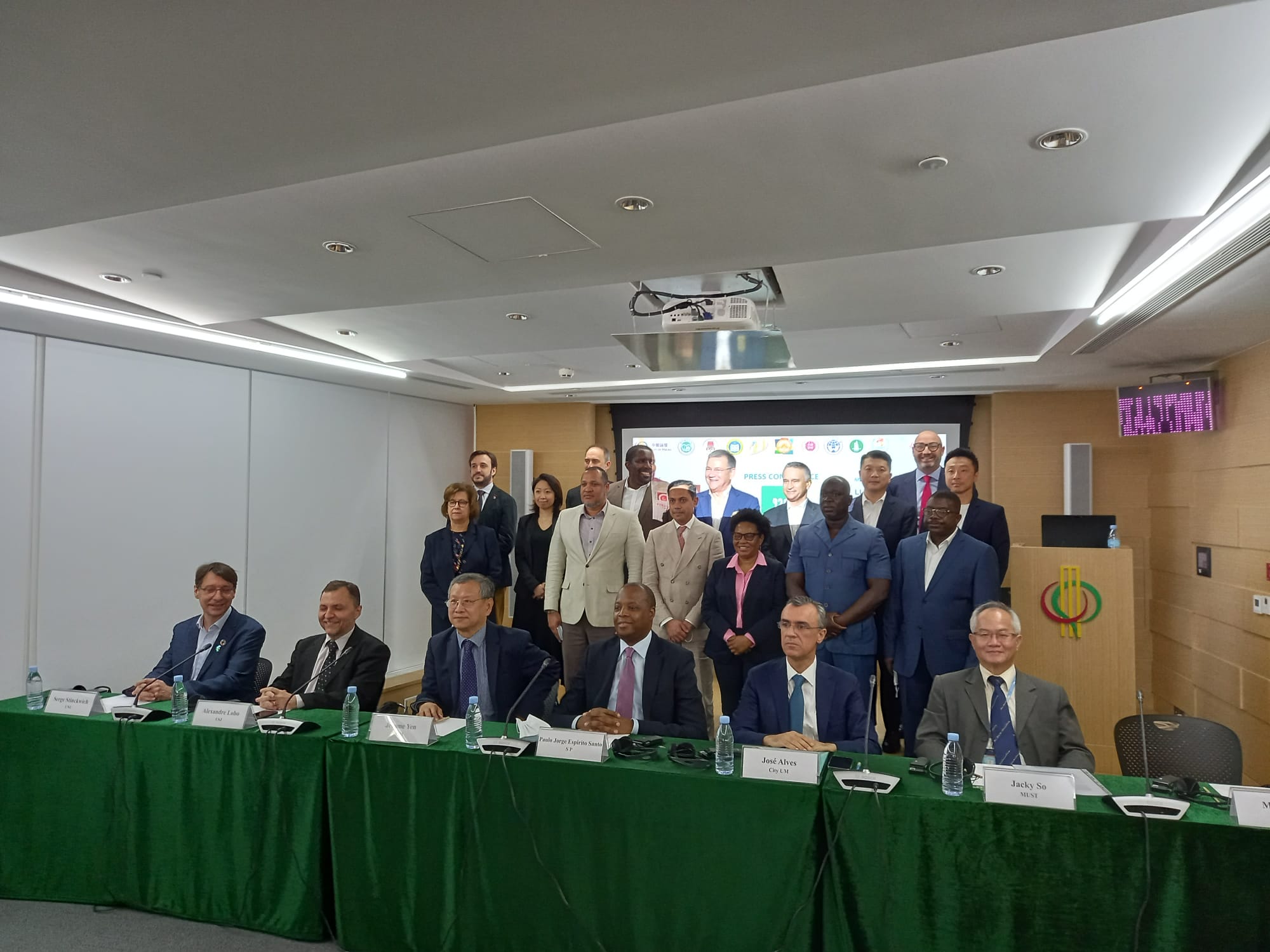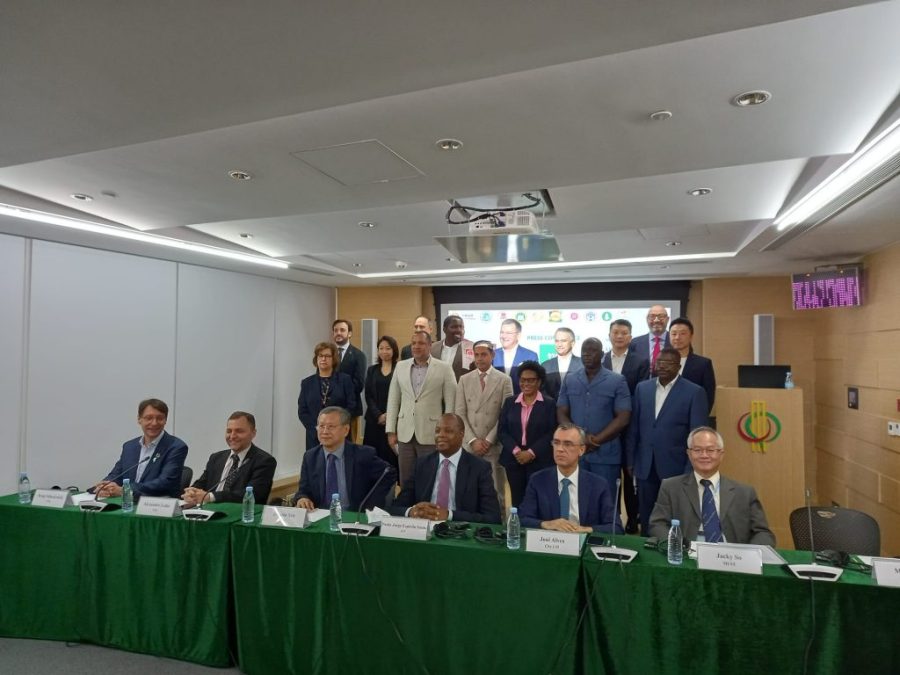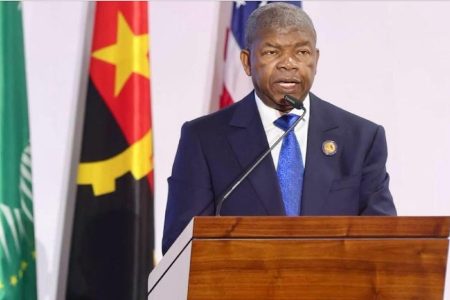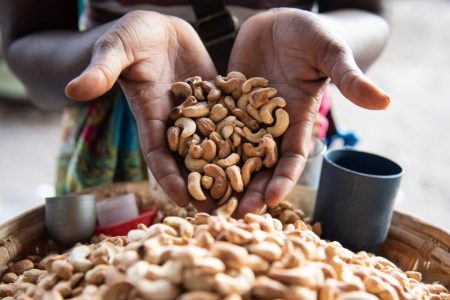The 928 Challenge, a startup competition between Portuguese-speaking countries and China, will change its name to 929 Challenge next year, as Equatorial Guinea joined the Forum for Economic and Trade Co-operation between China and Portuguese-speaking Countries (Macao) this month.
“We will change the name next year, but it was too late to change the name for this year’s competition,” 928 Co-founder and City University of Macau lecturer Marco Rizzolio told Macao News after announcing this year’s 928 Challenge in a press conference at Forum Macao’s office today.
The Central African country became the 10th member of Forum Macao – the group’s 9th Portuguese-speaking member state – on 10 April during the forum’s extraordinary meeting.
Rizzolio, who co-founded the initiative alongside City University of Macau’s Dean of the Faculty of Business José Alves, said that the organisers had not yet discussed Equatorial Guinea’s participation in the competition but pointed out, “if there are teams from Equatorial Guinea we will accept them.”
Rizzolio and Alves launched the 928 Challenge last year – named after nine cities in the Greater Bay Area (GBA), two special administrative regions and then eight Portuguese-speaking countries – with the primary purpose of building bridges and developing entrepreneurship between China and the Portuguese-speaking countries through sustainability-oriented businesses, while also deepening academic collaborations between universities.
United National University Institute in Macau’s head of research, Serge Stinckwich, said that the start-up competition will help university students “better understand the sustainable development goals and digital technology innovations to build more socially responsible businesses.”
“We already did this last year, mentoring some [participating] teams as most of them did not understand clearly what are the sustainability issues and challenges that create problems like poverty and climate change,” he added.
“Last year, we helped the students design their projects to be more aligned with the SDGs framework, and we are also focusing on digital issues as there are a lot of interrelationships between digital technology” and the United Nations’ 17 Sustainable Development Goals (SDGs).
In terms of sustainability awareness and policies in Macao, Stinckwich thinks that the city “has a lot of effort and a lot more progress [are coming] for sure,” while also calling for more cooperation between Macao and other GBA cities.
Alexandre Lobo, University of Saint Joseph’s head of Department of Business Administration, said the university is creating a business incubation to attract start-ups from across GBA cities and Portuguese-speaking countries which are interested in exploring opportunities in both markets.
The competition last year was joined by 780 students from 51 universities, making up a total of 153 teams – only 16 of them proceeded to the final. A team from Portugal’s University of Porto won first prize (MOP 10,000), while a team from Guinea-Bissau’s Universidade Lusófona Guiné came second (MOP 7,000).
Two teams, one from the State University of Rio de Janeiro, Brazil, and the other from the Guangdong Polytechnic Normal University (China), shared the third prize (MOP 5,000).
The initiative kicked off as a university start-up competition but this year’s event will have two tracks – university and professional start-ups. The winners of each track will each receive US$2,000 worth of Alibaba Cloud’s services. There will be cash prizes but the organisers have not revealed this year’s amounts.
The 928 Challenge is co-organised by Forum Macao, City University of Macau, University of Macau, Macau University of Science and Technology, University of Saint Joseph, Macau Institute for Tourism Studies, United Nations University Institute in Macau, Shenzhen University, Guangdong University of Foreign Studies, Guangdong Polytechnic Normal University and Rio de Janeiro State University.
Teams will participate in a two-week bootcamp later this year, which participants from outside China will join online. Registration can be made via www.928challenge.org from next week until 30 September. The winners will be announced around the end of October.






